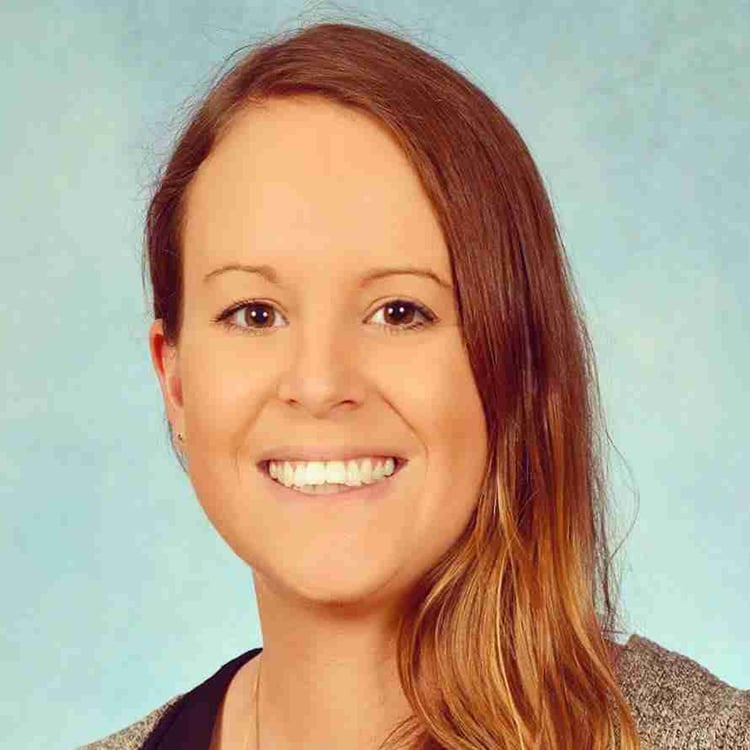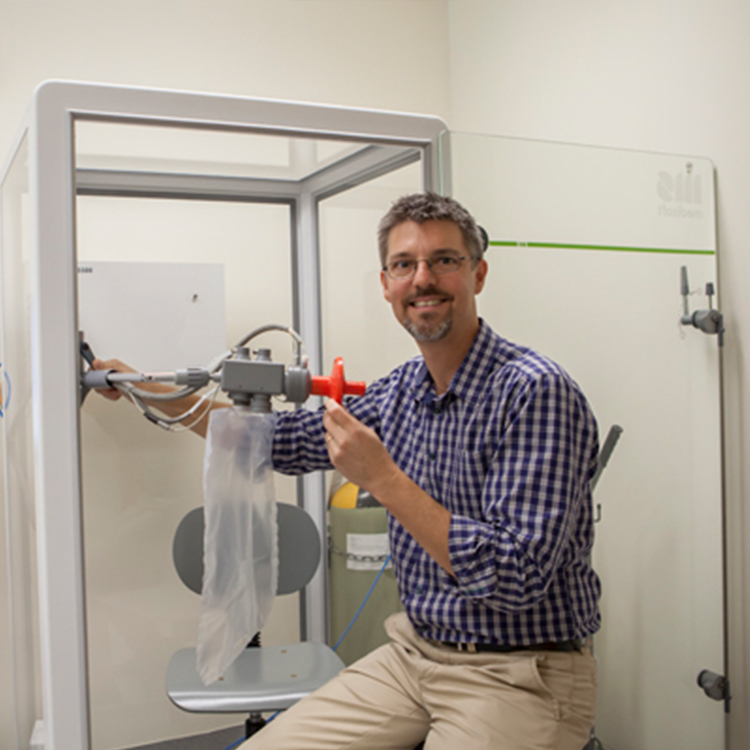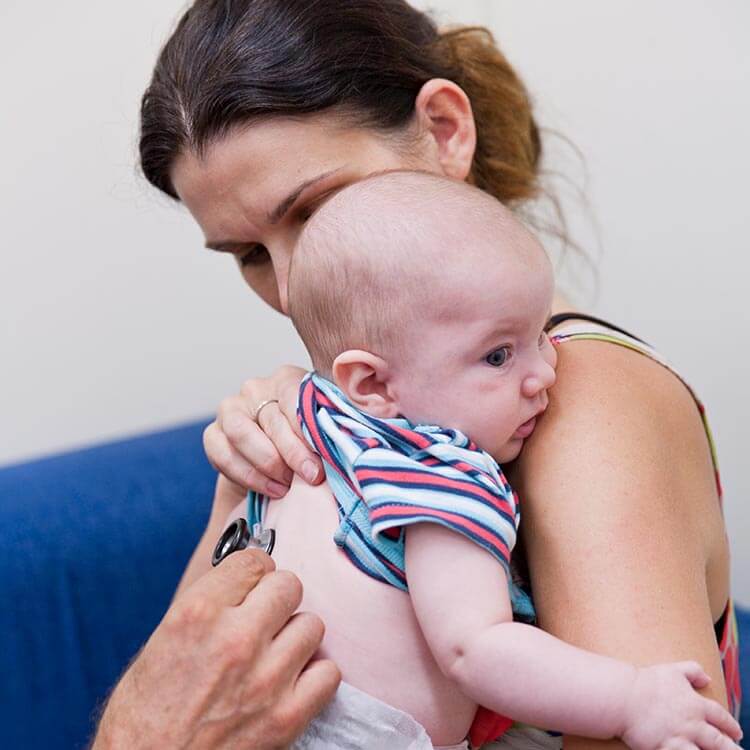Search
Research
Influence of gestational age on dead space and alveolar ventilation in preterm infants ventilated with volume guaranteeVentilated preterm infant lungs are vulnerable to overdistension and underinflation.
Research
Respiratory impedance in healthy unsedated South African infants: Effects of maternal smokingNon-invasive techniques for measuring lung mechanics in infants are needed for a better understanding of lung growth and function...
Research
Reduced forced vital capacity in Aboriginal Australians: Biology or missing evidence?This editorial article addresses chronic obstructive pulmonary disease and lung function testing in Aboriginal Australians.



News & Events
Lung study helps history-making generation get a handle on their healthA lung function study carried out by Dr Shannon Simpson provided the most comprehensive follow-up of very pre-term children of any study so far carried out on the lung health of this vulnerable group.

News & Events
Global push to eliminate confusion on lung function testsA global research network has taken another step towards standardising the way doctors interpret commonly used lung function tests.

News & Events
Trial determines safest airway device for babies in surgeryA groundbreaking WA trial, published in The Lancet, has determined that a laryngeal mask for babies is preferred over endotracheal tube during minor surgeries
Research
Air travel and the risks of hypoxia in childrenIn infants and children with chronic respiratory disease, hypoxia is a potential risk of aircraft travel.
Research
The all-age spirometry reference ranges reflect contemporary Australasian spirometryAdvances in statistical modelling have allowed the creation of smoothly changing spirometry reference ranges that apply across a wide age range and better...
